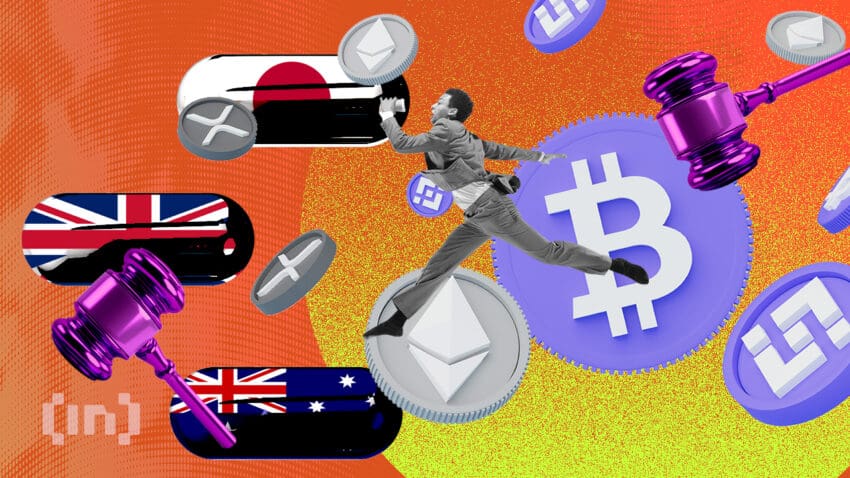
[ad_1]

China has been under a blanket crypto ban since September 2021, but it has not stopped its citizens from buying and selling digital assets.
A recent report by Bloomberg found that a lot of Chinese investors were making credit claims from the FTX crypto exchange, despite a crypto ban in the country. Meanwhile, Binance and OKX also reported significant usage by Chinese citizens.
Crypto Ban in China Difficult to Enforce
The report found that 8% of FTX claims come from Chinese users, accounting for over 9 million customer accounts.
The crypto ban has either been ineffective or loosely enforced, according to Caroline Malcolm, global head of public policy at Chainalysis. Malcolm stated,
“The decentralized nature of cryptocurrencies and the fact that they can be transferred peer-to-peer and traded on global exchanges make it difficult for any government to completely eliminate them.”
Industry insiders also disclosed that they used Chinese identities on leading exchanges to pass know-your-customer requirements. Another significant cryptocurrency exchange, Huobi Global, apparently catered to Chinese users. Many reportedly had the chance to apply for a ‘digital identity’ with the Dominican Republic to bypass the restriction.
Chinese regulators issued a blanket ban on all cryptocurrency transactions and mining back in September 2021. This was the first time government agencies jointly banned all cryptocurrency-related activity in any region. It intensified a debate around how to regulate web3.
Other Nations Explore Partial Bans
The Reserve Bank of India is another advocate of a blanket crypto ban, although it has not yet followed through. In February, Governor Shaktikanta Das announced that some members of the G20 had suggested considering a complete ban on cryptocurrencies. However, officials from the finance ministries and central bankers of G20 nations appeared to be in accord on regulating crypto assets, with a total ban being considered.
Other countries are banning select activities using crypto to combat financial fraud. The UK, for example, outlawed cold calling to market cryptocurrency and other financial products. To lessen the country’s exposure to digital assets in its payment system, Argentina’s central bank prohibited payment companies from enabling crypto transactions in a circular last week. Therefore, partial bans could be worth enforcing.
Several countries continue to be concerned about the risks of cryptocurrency. China recently announced standards for handling crypto-related financial trials. The proposal asserts that crypto assets have some characteristics of virtual network property and seeks to stop what China considers a dangerous activity.
Meanwhile, Hong Kong is trying to attract Chinese crypto firms. It is making an attempt to become more of a financial hub and an “international virtual asset center.” Despite the crypto ban in China, businesses have found ways to operate in Hong Kong. Hong Kong’s Securities and Futures Commission (SFC) is expected to release guidelines on the licensing regime for virtual-asset exchanges this month.
Disclaimer
In adherence to the Trust Project guidelines, BeInCrypto is committed to unbiased, transparent reporting. This news article aims to provide accurate, timely information. However, readers are advised to verify facts independently and consult with a professional before making any decisions based on this content.
[ad_2]
Source link




